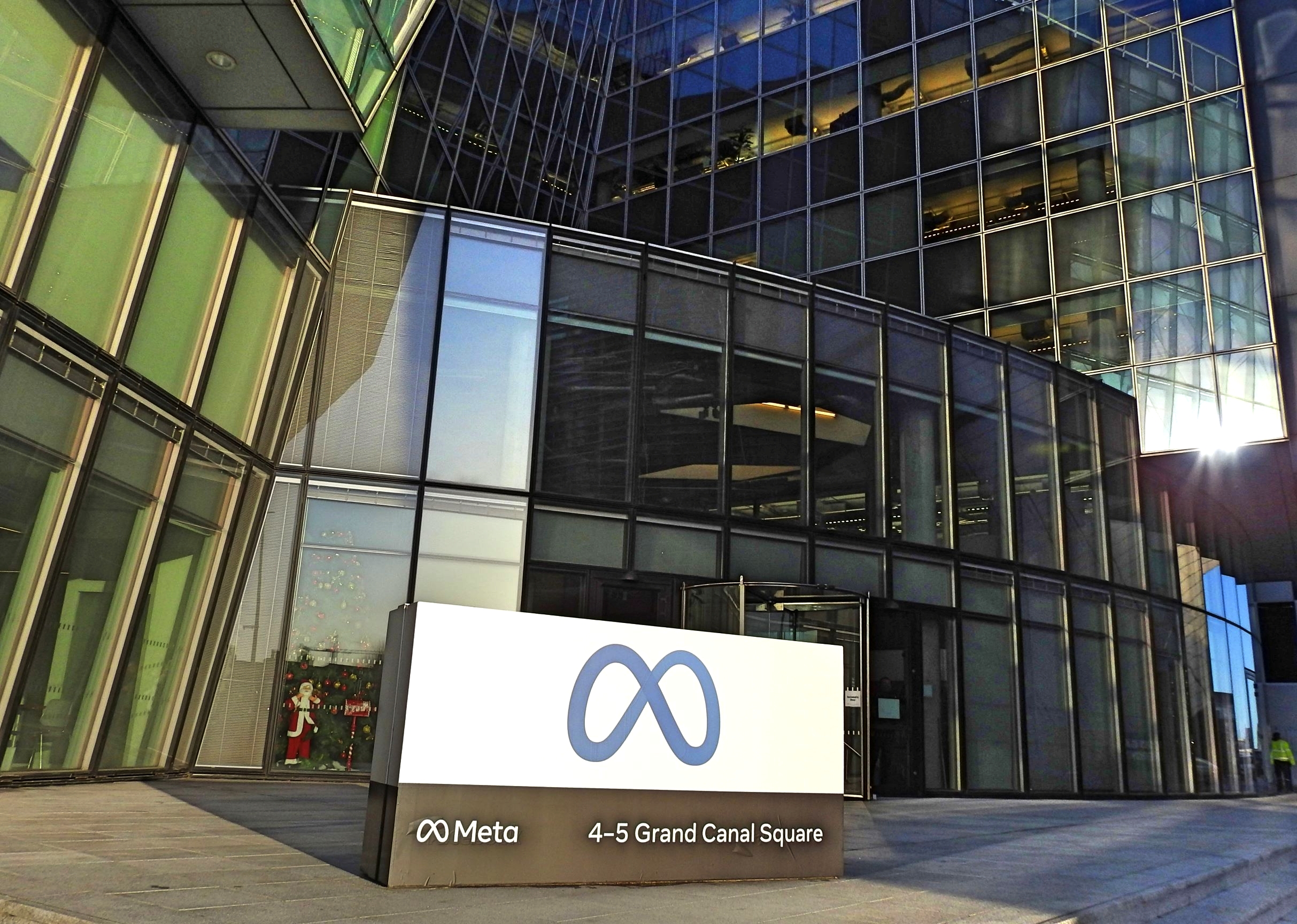What is PPC Intelligence?
When acronyms come into play, it may appear to be one of the many complexities of digital marketing. However, once you unravel and see the key aspects behind PPC Intelligence, it’s a major part that helps communicate your message straight to your ideal audience.
PPC, or Pay-Per-Click, Intelligence is the utilization and optimization of data, tools and research-backed marketing strategies in order to maximize your results in a pay per click marketing campaign. PPC intelligence is essential because it pieces together the digital landscape, such as competition, within such an array of information. Almost like cooking a recipe, it requires the right ingredients and steps to achieve the results. As a chef in marketing, the tastiest dishes are those that use sufficient measurements and tactful approaches.
Utilizing PPC Intelligence is like running a marathon. PPC makes the most out of your campaign budget by interpreting performance metrics such as click-through-rates (CTR) and return of investment (ROI). Keeping track of these measurable benchmarks provides a clearer perception of the company and brand. As a result, it solidifies the process behind knowing exactly the kind of audiences to target. Rather than just blindly running ads online, PPC Intelligence solidifies the quantitative and qualitative aspects of the campaign.
In such a competitive world of online ads, PPC Intelligence will be the main guide to stand out and watch success unravel. PPC is something that cannot be mastered over night, there are specific steps and trends to fully embrace.
Understanding the Fundamentals of PPC
Pay-Per-Click advertising is a digital marketing technique where advertisers pay a fee each time their ad is clicked by an online user. Rather than just posting a campaign and solely relying on the high quality content as you would with SEO campaigns, PPC essentially boosts the opportunity for the high quality content to be viewed and engaged with. PPC advertising provides concrete, measurable results, a closer spot in front of the targeted audience, and manageable budget options. Best part of all – You don’t pay unless your ad gets clicked. Some of the key parts of a PPC Campaign include:
- Ad Auction: Advertisers bid on highly searched keywords and phrases that relate to their individualized business or content.
- Ad Placement: The aspects that determine the placement of the ad include: bid amount, ad quality, and relevance. The amount of money placed into the ad is not the only factor search engine platforms take in consideration. The safety and quality of the ad are highly considered in the evaluation process.
- Clicks and costs: Every time someone clicks on the campaign ad, there is a fee the advertiser must pay. This fee is also known as Cost-Per-Click. The cost is also determined by various factors such as the quality, competition, and bidding.
- Campaign Management: Once the ads are set through PPC, the actual management following the posts are crucial. Making sure to consistently monitor and perform adjustments according to trends, numeric results and engagement following the posts only enhances and preserves the quality of the campaign.
PPC Intelligence matters for campaign success because it allows the business to utilize its budget as efficiently as possible while maintaining consistency in the quality of ads. It presents real key words and phrases that present the best “bang for your buck” and increases your likelihood of getting in front of your ideal potential customer.
Data Analysis in PPC Intelligence
Collecting real data through web tools such as Google Analytics consistently and provides a precise and thorough understanding of who is viewing and interacting with the ad. Through interpreting this data, marketers can target very specific audiences, thus increasing the efficiency of your ad spend. Consequently, your campaign can be personalized to fit the perceptions and needs of that unique audience. A PPC professional essentially has a comprehensive understanding of how people navigate the web, and they use highly refined data to your advantage, pinpointing exactly how your paid ads should be deployed for maximum conversions.
Key Metrics While Using PPC Tools Include
- CTR (Click-through-rate) measures the number of people who clicked on the link/ad out of those who just viewed it. It is calculated by dividing the number of clicks by the amount of views or impressions and then multiplied by 100. High CTRs indicate high-quality, engaging content that resonated with the right audience.
- CPC (Cost-per-click) is the amount an advertiser is willing to spend for each instance a user clicks on the link associated with an ad. It is calculated by dividing the cost of the ad campaign by the number of clicks received. The higher the CPC, the more competitive the ad space is. Some examples of the highest cost-per-click ads are for business services, law firms, and insurance companies.
- CPA (Cost-per-acquisition) measures the cost as a whole to get a new customer or lead. To calculate CPA, you divide the cost of the entire marketing/ad campaign by the amount of “wins” generated. These “wins” can be interpreted as leads, sales, or clients. While evaluating these metrics, it is important to note that a lower CPA depicts better quality results for each dollar spent.
- ROI (Return on investment) indicates the amount of return or gain from an investment in relation to its cost. This is shown as a percentage and is solved by dividing the profit or gain of a campaign divided by the investment cost and then multiplying that by 100.
Keyword Research in PPC Intelligence
Finding and utilizing keywords for PPC Intelligence aligns with the importance of collecting real research to conduct the best next steps. People are constantly searching various questions, statements or concerns. The commonality amongst all searches is that they contain keywords that have specific scores. Utilizing the best keywords ensure that the specific term will reach the end-user which overall, increases conversions. By strategically approaching your audiences, the CPC lowers while the ROI increases. Using keywords generates relevancy, growth and economic efficiency.
Competition in a PPC Campaign
Competitive analysis is crucial while utilizing PPC Intelligence because it establishes a solidified understanding of the market landscape. While researching the market, competitive analysis helps identify the competitions’ marketing position, strengths, and weaknesses. It also helps achieve the following:
- Unique Selling Proposition: Evaluating certain aspects of competition helps fill in the gaps of certain areas that may be missing in the specific field and audience. As discussed, the internet and various businesses have massive competition. Competitive analysis sheds light on what may be missing and what a business can generate to help them really stand out.
- Benchmarking Performance: This is a specific type of measurement of competition that provides deeper insight on essential parts of a business. Some of these parts include brand awareness, market share and sales. Taking note of these numbers help a business reflect on where they currently are and which areas need improvement.
- Improve Marketing Strategies: In addition to observing what may or may not work for your ad campaign, it is just as beneficial to know this about your competition. The competition is on the same campaign journey as you, and may be exceeding targets or failing in certain areas. It can be helpful to take a closer look at current events and moves with respect to your competition and make knowledgeable decisions from it.
Current Trends in PPC Intelligence
Just like the marketing space, PPC Intelligence has consistently undergone exciting changes over the last few years. Through technology advancement, these marketing tactics are constantly innovating. Some of these newer trends include:
- Automation and AI: With AI on the rise and becoming integrated with current platforms, PPC intelligence is also implementing some of these changes. Marketers need to allocate their time efficiently so automating ad optimization and audience targeting saves time and improves the overall campaign performance.
- Attribution modeling: This is the process of unraveling and identifying touch points along the customer journey. It helps to pick up the “why” behind certain habits and decision making behind the customer. Touch points refer to any time a current or potential customer clicks or interacts with anything that they come across either virtually or in reality.
- Voice Search and Visual Search: Searching verbally and visually has been on the rise and technology becomes more accommodating. PPC is also adapting to these newer habits by formulating key words that are associated with these kinds of searches. For example, if someone is in their car and using their voice to search on a search engine, their tone and length of the question may be reflected in the measurable data you receive in your campaign monitoring.
These are just some of the many current trends that have arised as marketers think of smarter ways to speak to their customers and generate actual leads. It is thrilling to note that PPC Intelligence adapts to these newer habits or trends in order to make a real impact on audiences and businesses.
PPC Intelligence Closing Thoughts
By leveraging PPC Intelligence in a marketing campaign, your high-quality content or messages will reach the right audience at the right time. It also gears you to the best keywords that can really help the customer navigate to your ad or page. PPC Intelligence is best used when it is incorporated with data interpretation, competition research, and current trends. Every click, decision, and emotion ends with a business simply wanting to offer a solution. PPC Intelligence is the segway to help make that possible for your business to really be there for those in need.
To learn more about how LFG Media Group’s PPC team can create ads that convert, contact us to jump on a discovery call today!







